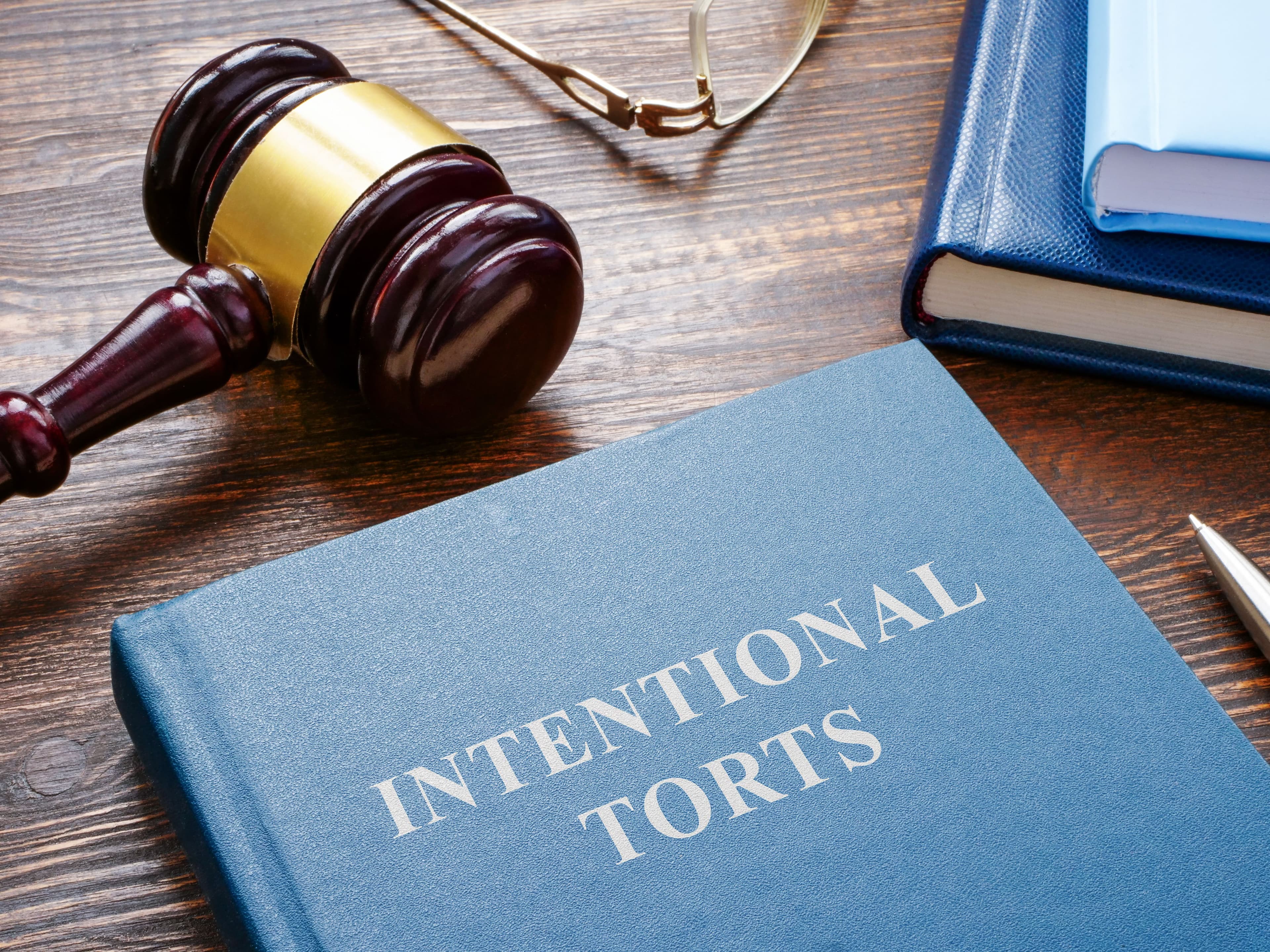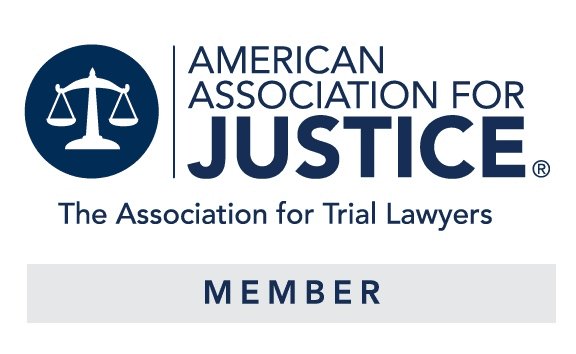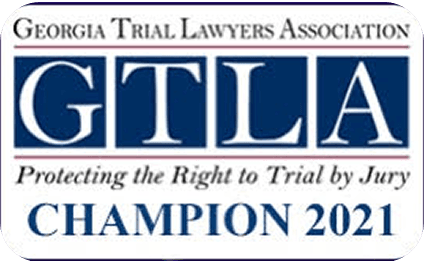
Intentional Tort
When someone intentionally causes harm to another person, Georgia tort law offers a legal path for victims to seek justice. Unlike negligent acts—which involve carelessness—intentional torts are deliberate actions that result in injury or property damage. These claims often involve both civil and criminal liability.
If you believe you’ve been harmed by an intentional act, knowing your legal rights can help you take the next step. This article breaks down common types of intentional torts, available damages, possible defenses, and how a Lawrenceville personal injury lawyer can assist.
Examples of Intentional Torts
Intentional torts arise from purposeful acts that cause harm to another individual. Here are some of the most commonly encountered examples in Georgia law:
Assault
Occurs when someone places another person in fear of imminent physical harm. Example: Pointing a loaded or unloaded gun at someone if the victim believes they are in danger.
Battery
Defined as harmful or offensive physical contact without consent. This includes anything from a punch to unwanted sexual contact.
Wrongful Death
The intentional or reckless killing of another person. While not always intentional (as in cases of negligence), some wrongful death cases qualify as intentional torts when rooted in willful conduct.
False Imprisonment
Occurs when someone restrains another person’s movement without legal authority or consent—whether through physical barriers or threats.
Trespass to Land
Involves entering or causing an object to enter someone else’s property without permission. Example: Hitting golf balls into a neighbor’s yard without stepping onto it.
Trespass to Chattels
Refers to interfering with someone’s personal property without permission. For instance, borrowing a car for a joy ride without consent—even if undamaged—qualifies.
Conversion
A more serious form of trespass to chattels. This occurs when someone completely interferes with another’s property rights, such as refusing to return borrowed property or totaling someone’s vehicle.
Intentional Infliction of Emotional Distress (IIED)
Extreme and outrageous conduct that intentionally causes severe emotional harm. Example: Harassment or stalking that creates psychological trauma.
Available Damages in Intentional Tort Claims
Georgia law allows victims of intentional torts to recover a wide range of damages, including:
 Property Damage: Compensation for repairs or replacement of damaged items.
Property Damage: Compensation for repairs or replacement of damaged items. Economic Damages: Tangible losses such as medical bills, lost wages, and other quantifiable costs.
Economic Damages: Tangible losses such as medical bills, lost wages, and other quantifiable costs. Non-Economic Damages: Pain and suffering, emotional distress, loss of companionship, and loss of enjoyment of life.
Non-Economic Damages: Pain and suffering, emotional distress, loss of companionship, and loss of enjoyment of life. Punitive Damages: Additional monetary penalties awarded in cases involving egregious or malicious conduct. These are meant to punish and deter bad behavior.
Punitive Damages: Additional monetary penalties awarded in cases involving egregious or malicious conduct. These are meant to punish and deter bad behavior.
The amount of compensation can vary dramatically based on the facts of the case, the severity of the injury, and whether punitive damages are awarded.
Defenses to Intentional Torts
Defendants in intentional tort cases can assert various defenses to escape or reduce liability. Common defenses include:
 Statute of Limitations: You generally have two years to file a lawsuit in Georgia. Miss this deadline, and your claim may be barred.
Statute of Limitations: You generally have two years to file a lawsuit in Georgia. Miss this deadline, and your claim may be barred. Consent: If you voluntarily engaged in a situation where harm was foreseeable (e.g., a contact sport), you may not have a claim.
Consent: If you voluntarily engaged in a situation where harm was foreseeable (e.g., a contact sport), you may not have a claim. Self-Defense or Defense of Others: A person can legally use reasonable force to defend themselves or others.
Self-Defense or Defense of Others: A person can legally use reasonable force to defend themselves or others. Privilege: Some actions, such as a store detaining a suspected shoplifter temporarily, may be legally justified.
Privilege: Some actions, such as a store detaining a suspected shoplifter temporarily, may be legally justified.
Whether a defense is valid depends on the specific facts of your case.
Intentional Torts and Criminal Prosecutions
Many intentional torts also qualify as criminal offenses—for example:
 Assault may also be prosecuted as criminal assault or battery
Assault may also be prosecuted as criminal assault or battery Conversion may align with theft or vandalism
Conversion may align with theft or vandalism Wrongful death might equate to manslaughter or murder
Wrongful death might equate to manslaughter or murder
A single act can result in both civil and criminal proceedings. However, different standards of proof apply:
 Criminal Court: The prosecutor must prove guilt beyond a reasonable doubt
Criminal Court: The prosecutor must prove guilt beyond a reasonable doubt Civil Court: The victim must prove liability by a preponderance of the evidence (more likely than not)
Civil Court: The victim must prove liability by a preponderance of the evidence (more likely than not)
This discrepancy can lead to situations where a defendant is acquitted criminally but still held civilly liable for damages.
How a Lawrenceville Personal Injury Lawyer Can Help
Whether you’ve been assaulted, falsely imprisoned, or suffered another intentional wrong, an experienced Georgia personal injury attorney can help you:
 Evaluate your case and determine whether you have a valid tort claim
Evaluate your case and determine whether you have a valid tort claim Gather evidence to support your case (e.g., video footage, witness testimony)
Gather evidence to support your case (e.g., video footage, witness testimony) File a lawsuit within deadlines and ensure proper legal procedures are followed
File a lawsuit within deadlines and ensure proper legal procedures are followed Negotiate settlements or represent you at trial
Negotiate settlements or represent you at trial Seek the maximum compensation possible, including punitive damages if applicable
Seek the maximum compensation possible, including punitive damages if applicable
Speak With a Lawrenceville Personal Injury Attorney Today
If you’ve been the victim of an intentional tort in Georgia, don’t navigate the legal system alone. You may be entitled to compensation for your pain, property damage, and emotional trauma. A skilled personal injury lawyer can help you understand your rights and take swift legal action.
Georgia Personal Injury Lawyers
We focus exclusively on serious personal injury cases, including:
Assault Injuries
Bad Faith Insurance
Bicycle Accident
Brain Injury
Bus Accidents
Car Accidents
Catastrophic Injuries
Child Injuries
Construction Accidents
Dog Bites
If your life was disrupted by someone else's negligence, we're here to restore your power through the law.











